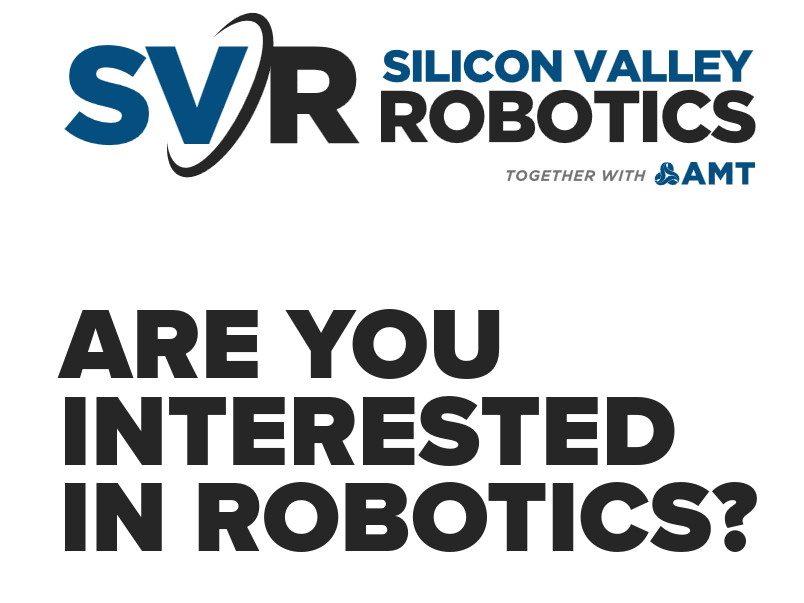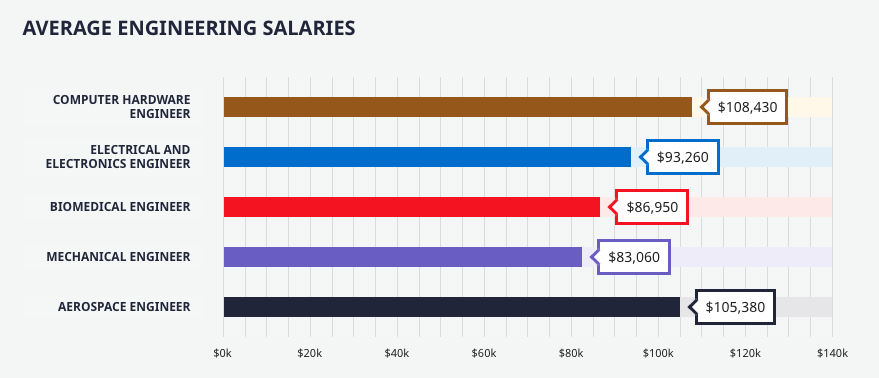
Robohub.org
SVR Guide to Robotics Research and Education 2023

In the last decade we have seen more robotics innovation becoming real products and companies than in the entire history of robotics.
Furthermore, the greater Silicon Valley and San Francisco Bay Area is at the center of this ‘Cambrian Explosion in Robotics’ as Dr Gill Pratt, Director of Robotics at Toyota Research Institute described it. In fact, two of the very first robots were developed right here.
In 1969 at Stanford, Vic Sheinman designed the first electric robot arm able to be computer controlled. After successful pilots and interest from General Motors, Unimation acquired the concept and released the PUMA or Programmable Universal Machine for Assembly. Unimation was eventually acquired by Staubli, and the PUMA became one of the most successful industrial robots of all time.
Shakey was the first mobile robot able to perceive and reason. Also called the world’s first electronic person by Time Magazine in 1972. Shakey was developed at SRI International from 1966 to 1972 and pioneered many advances in computer vision and path planning and control systems that are still in use today.
These companies have been at the heart of Silicon Valley Robotics, the regional robotics ecosystem/association, but we have also seen enormous growth in new robotics companies and startups in the last decade.
And all of them are hiring.
This volume serves as a guide to students who are interested in studying the field of robotics in any way. Robotics jobs range from service technician, electrical or mechanical engineer, control systems and computer science, to interaction or experience designer, human factors and industrial design.
All these skills are in great demand in robotics companies around the world, and people with experience in robotics are in great demand everywhere. Robotics is a complex multidisciplinary field, which provides opportunities for you to develop problem solving skills and a holistic approach.
The robotics industry also requires people with skill sets in growing businesses, not just robotics, but product and project management, human resources, sales, marketing, operations.
Get involved in robotics – the industry of the 21st century.

The guide





